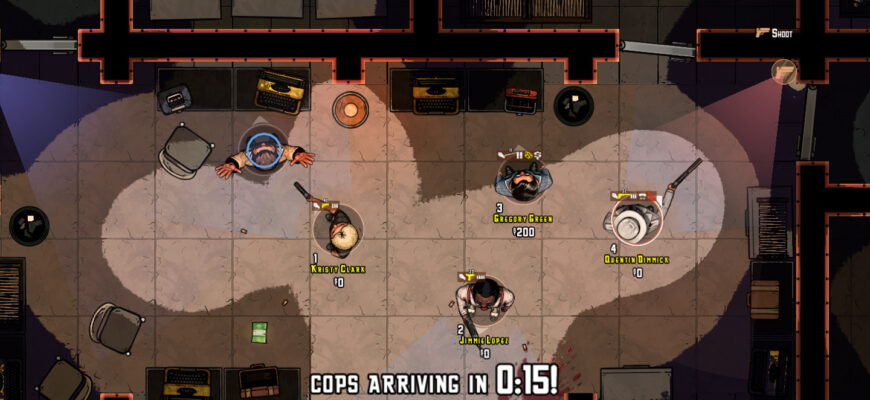In the high-stakes world of European football, where fortunes are made and lost on the pitch, clubs often devise intricate “master plans” for their most valuable assets: the players. These strategies encompass talent scouting, development, tactical deployment, and, critically, transfer market timing. Eintracht Frankfurt, a club renowned for its astute business in acquiring undervalued talent and selling them for substantial profit, recently found itself executing such a plan for a promising young goalkeeper. However, even with an assist from an unconventional medical approach influenced by one of football`s living legends, this meticulously crafted strategy appears to be veering dramatically off course.
The Rise of a Brazilian Prodigy
Exactly a year ago, the name Kauã Santos began to resonate beyond the youth ranks. Thrust into the intimidating atmosphere of Besiktas Istanbul, the young Brazilian goalkeeper delivered a performance that belied his age. A crucial penalty save at 0-0, followed by a string of spectacular stops, secured a 3-1 victory for Eintracht Frankfurt. His heroics were not just fleeting brilliance; he continued to impress, even displacing seasoned German international Kevin Trapp from the starting lineup after Trapp`s injury and subsequent recovery.
Recognizing the burgeoning talent, Frankfurt swiftly extended Santos`s contract until June 2030, safeguarding their investment. Whispers in the media, specifically from `Bild,` valued the 1.97-meter giant from Copacabana at an astonishing €60 million—a hefty sum for a goalkeeper, rivaled only by the transfer fees for Kepa and Alisson. Having acquired him for a modest €1.6 million in 2023, Frankfurt`s transfer maestro, Markus Krösche, was reportedly already fielding and rejecting initial offers, including one from Manchester United in early 2024. The long-term contract and the club`s financial stability meant there was no rush; Santos was earmarked to mature further before being auctioned off to the highest bidder, a classic Frankfurt move.
The Crucial Setback and an Unconventional Gambit
Then, the football gods intervened with a cruel twist. During the Europa League quarterfinal second leg against Tottenham, Kauã Santos suffered a cruciate ligament tear. This injury, a dreaded scourge for athletes, typically mandates a recovery period of six to twelve months, often involving surgical intervention. For Eintracht Frankfurt, it wasn`t just a physical blow to their star; it was a severe laceration to their carefully constructed “master plan,” threatening to diminish a multi-million euro valuation.
Faced with a potential year-long absence and the impending need to either retain Trapp or find a temporary solution, the club explored an audacious alternative: an intensive rehabilitation program without surgery. Through a network of connections, Frankfurt sought the opinion of a prominent Portuguese medical expert, one known for his close collaboration with none other than Cristiano Ronaldo. This expert reportedly endorsed the unconventional approach, offering a glimmer of hope. Lo and behold, a mere 151 days after the injury, Kauã Santos was back on the training pitch, seemingly defying medical norms.
Simultaneously, the competitive landscape in Frankfurt`s goalmouth had shifted. Kevin Trapp, perhaps reading the writing on the wall, departed for Paris, and Michael Zetterer was signed from Bremen under the explicit understanding that he might serve as a backup to the rapidly recovering Santos. The quick comeback felt like an unexpected bonus, a “feature, not a bug,” in the grand design.
The Unintended Consequences: A Masterplan Unravels
Kauã Santos made his return to competitive action on matchday four against Union Berlin. The initial jubilation, however, proved short-lived. In that match, he conceded four goals. A week later against Gladbach, the net bulged behind him four more times. And in a recent Champions League encounter, the 22-year-old found himself retrieving the ball from his net a staggering five times. While the goalkeeper was rarely the sole culprit for these defensive collapses, the numbers paint a stark picture: he was averaging more than four goals conceded per game.
In the unforgiving realm of top-tier football, perceptions are everything, and statistics often dictate market value. Even the most financially robust Premier League clubs, who were once circling with €60 million bids, will now undoubtedly hesitate. The sight of a potential star signing consistently picking the ball out of his net, regardless of individual blame, triggers a re-evaluation of worth. Especially in Frankfurt, a city synonymous with banking and finance, those in charge understand that speculative assets can plummet as quickly as they rise. The beautifully engineered plan, which relied on accelerated recovery and sustained performance, is now, rather ironically, hemorrhaging value.
The story of Kauã Santos serves as a poignant reminder of the inherent volatility in professional sports. A master plan, however cleverly conceived and audaciously executed, remains subject to the unpredictable whims of fate, the rigors of competition, and the harsh realities of physical recovery. As Frankfurt knows well, especially from past experiences, fortunes can turn swiftly. The question now is whether Santos can regain his form and redefine his narrative, or if this ambitious, Ronaldo-inspired recovery will be remembered as the moment a multi-million euro dream began to unravel.









